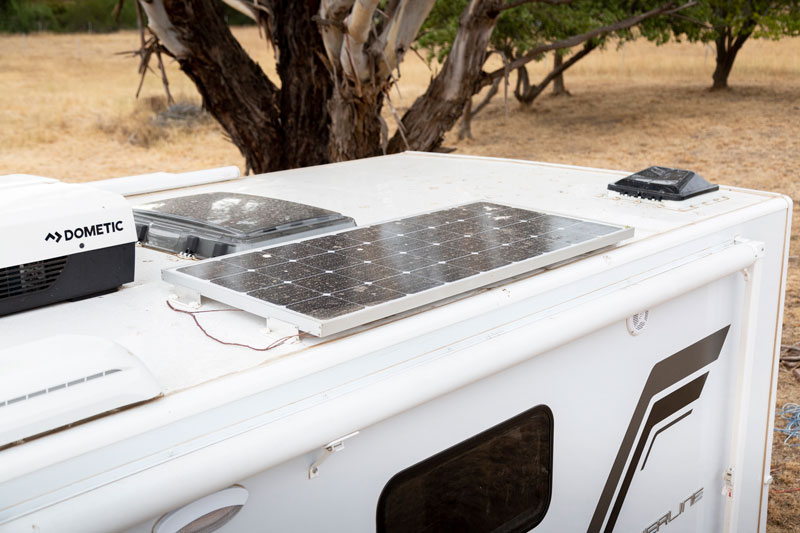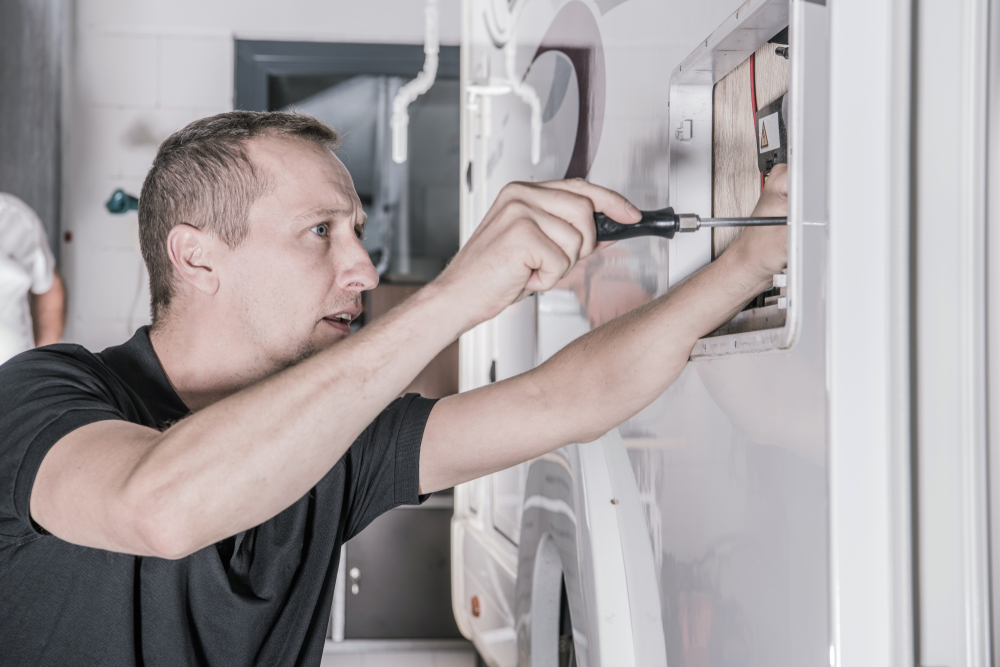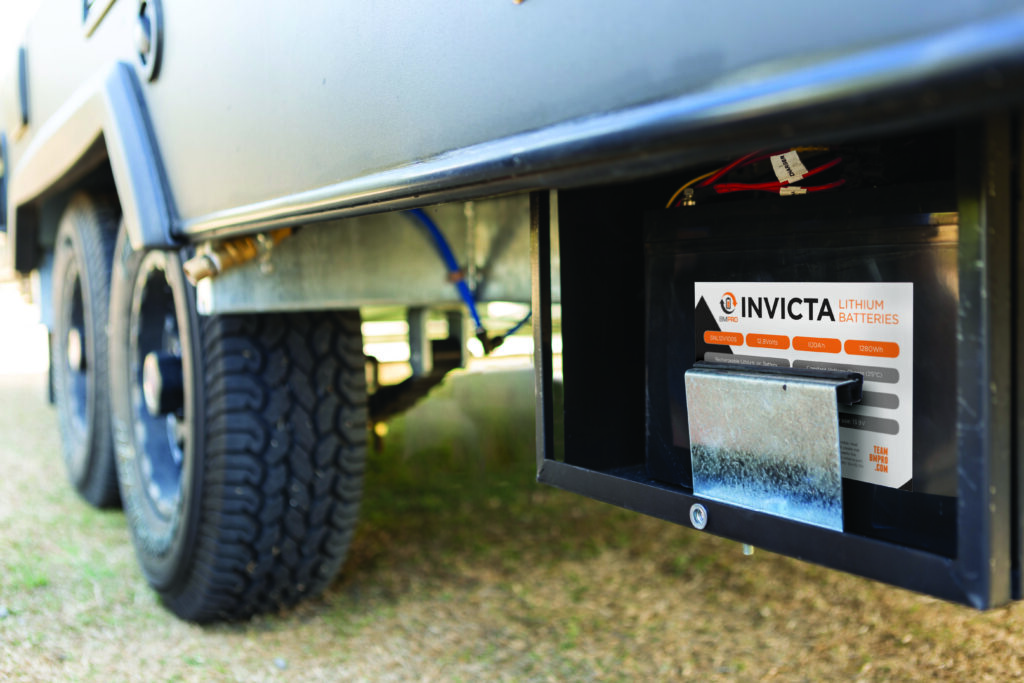
12V Guru – Optimising your Solar Power System
Solar Panels installed on your vehicle roof? Our 12V Guru discusses how to optimise their performance in place of buying more panels
12V Guru,
There seems to be this competition among my mates at the moment as to who has the bigger power system in regard to charging the batteries and all I see is a “birds nest” of wires and a system that I believe they are not even maximising. I get the feeling it is more about bragging rights than practicality.
I reckon they have got it wrong! What should be the focus when choosing?
Michael Remmy, Mildura
Thank you Michael for your question. You have correctly highlighted where sometimes power management systems which have been supplied don’t really match the true requirements and practicality of the circumstances.
There are heaps of caravans and campers out there which are being sold with power systems that either are total overkill (or the opposite) and very underwhelming. Many sales reps out there, don’t really know what is happening in the power management side and the customer is consequently sold a van only to need rework or modifications to how they are truly going to use it.
At the recent Melbourne Caravan and Camping Show during a walk around of some of the caravans on display we saw caravans with USB/Power Points mounted in doorways, power management systems with wires and cabling running everywhere, electrical devices installed in the back of unreachable cupboards and the list goes on.
Last year, on a return trip through the Simpson we weren’t surprised to see at Birdsville on the back of a flatbed tray truck a caravan that was being transported back to the Brisbane area to repair the power system which had failed such that there were no lights or any power whatsoever. Knowing the system which had been installed, this wasn’t surprising. The power management system was designed more for a space shuttle than for the Australian outback. I bet the wife and kids weren’t too happy.
Our research shows while a small recoverable drama on a holiday is a great story to embellish over a few beers, a trip written off is a waste of annual leave and an upset family.
My tips for ensuring you have the right system for your travels:
Firstly, buy or build something practical. Think through what you really need and the practicalities of how you expect to use the caravan. If you are heading to the same caravan park-powered site that you have for the past 20 years, then buying a caravan with 4 solar panels and lithium batteries is money better spent on the kids. You want a system that is reliable and not overly complex. Conversely, if you are planning to tackle “the big lap” and plan to free camp regularly then you will need to be “hands-on” and practical.
Secondly, understand how the basics work. There is an assumption that electrical systems in RVs will work as reliably as those in our cars. Unlike cars which have electrical systems and used almost daily, (due to the millions of units and experience in same) unfortunately caravan power management systems are an afterthought by many and not designed accordingly. They sit in storage for months every year and then are expected to perform without fault instantly. You will need to understand the basics if you expect to troubleshoot. Understand how the flow of energy moves through the system and to avoid the frustration, be pragmatic about your approach when diagnosing.
Thirdly, appreciate the need for regular checking of your system and carry spare parts and tools. A loose wire or cracked solder joint at a terminal connection will derail any holiday. Manage your battery during long storage periods and “test run” your power system before starting your next trip. A simple tool kit of multi-meter, screwdrivers, socket set, electrical tape, fuses and spare wire will be the minimum you should start with. If you are unsure in this regard, check with your local RV store and they can help set you up. Hopefully, you will never need it.
Safe travels,
12V Guru
Like this post? Share it!

Solar Panels installed on your vehicle roof? Our 12V Guru discusses how to optimise their performance in place of buying more panels

Looking at installing your own 12V products such as a DC-DC charger and shunt? Our 12V Guru discusses connectors and what you need to know here

This is a guide to help understand the requirements of the new standard in relation to lithium battery

© 2020